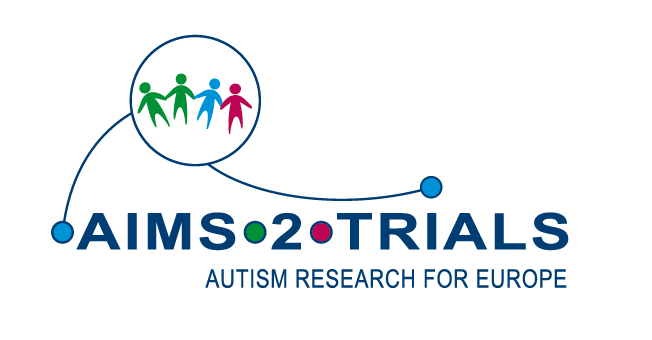A new large-scale AIMS-2-TRIALS study is the first to show a link between brain structure and the later development of ‘adaptive behaviour’ in autistic people. Adaptive behaviours are important skills that help people get by in their everyday lives, and their development varies among autistic people, with some people improving over time and others not improving. Identifying those who would benefit from help in this area and developing effective support could help improve the quality of life for autistic people. However, research in this area is currently limited and inconclusive, so this new study is a positive early step in the right direction.
Adaptive behaviour in autism
Adaptive behaviour encompasses a range of skills, including daily living skills, communication skills, and socialisation skills. Previous studies have shown that autistic people’s adaptive behaviour differs from that of non-autistic people. But there is also variation between autistic individuals in how these skills develop. For example, adaptive behaviour scores for any one person may change over time: increasing, decreasing, or remaining the same. It is not yet clear what drives these changes.
The study
To help us understand these variations, this latest research investigated how changes in adaptive behaviour are related to brain structure. The study included almost 500 children and adults as part of LEAP (the Longitudinal European Autism Project) – the first time this question has been studied in such a large and diverse group.
At the first visit, the researchers used MRI scanners to investigate the participants’ brains and the Vineland Adaptive Behaviour Scales to assess their adaptive behaviour. At a follow-up visit (1 – 2 years later), the authors assessed how the participants’ adaptive behaviour scores had changed.
Next, the researchers grouped autistic study participants into three subgroups according to the change in their adaptive behaviour – those whose scores 1) increased, 2) did not change, and 3) decreased. The researchers then tested if there was a relationship between brain structure and the change in adaptive behaviour, and if brain structure predicted change in adaptive behaviour.
Finally, the researchers explored the genetic factors associated with brain structure linked to specific adaptive outcomes.
Findings
The researchers found that the three subgroups of autistic people had different brain structure compared to each other. For example, there were differences in the thickness of the outer layer of the brain (the cortex) between the subgroups. These differences occurred in brain regions that are already known to be important for adaptive behaviour, as well as in regions linked to autism.
Secondly, the researchers found that the more an autistic person’s brain structure differed from non-autistic people, the more likely their adaptive behaviour score would decrease over time.
Finally, brain structural differences among autistic people were found to be linked to multiple genes that are important in autism, adaptive behaviour, and brain structure. For example, this included genes that help regulate development of synapses (the communication junctions between nerve cells in the brain).
What the findings mean for autistic people
All of these findings will require further study before they can be translated into outcomes for autistic people. One way to develop interventions and support is to first understand the biological factors that underpin the difficulties some autistic people experience. In this case, researchers are exploring challenges with adaptive behaviour, which can directly affect quality of life. In the future, a better understanding of why some autistic people naturally improve in adaptive behaviour, whilst others do not, may help researchers and clinicians to develop tailored interventions and support for those who would benefit.
Future research could also explore how brain structural differences relate to other domains that might be important to autistic people, such as sensory processing. Combined, such studies could help to illuminate the complex mechanisms that contribute to variation in clinical outcomes for autistic people. The biology of autism is very complex, and so any support strategies are unlikely to work for every autistic person. Ideally, armed with a good understanding of the underlying biology, including predictions of change over time, health and social care providers will be able to offer personalised support strategies for each individual’s specific needs.
Pretzsch, C. M., Schäfer, T., Lombardo, M. V., Warrier, V., Mann, C., Bletsch, A. et al. (2022). Neurobiological Correlates of Change in Adaptive Behavior in Autism. The American Journal of Psychiatry.








